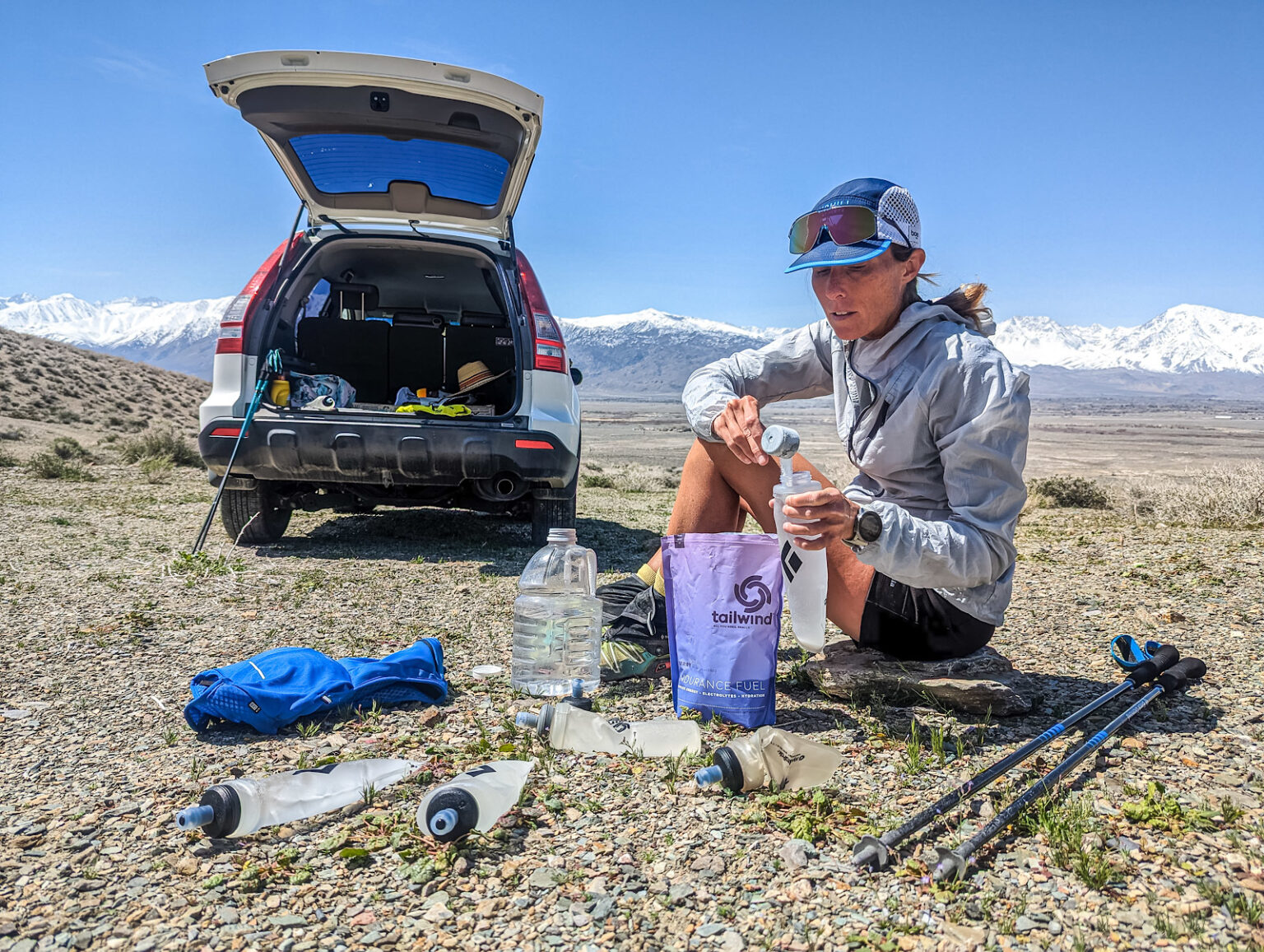For endurance and mountain athletes, the world of supplements can feel overwhelming. With endless products claiming to improve performance, speed recovery, or fill nutritional gaps, it’s hard to know what’s really worth your time and money. In this article, we’ll break down which supplements have research behind them—and when, why, and how to use them effectively.
Start with Food First
Two Types of Supplements to Know
- Nutritional Supplements – Used to address micronutrient deficiencies like vitamin D or iron.
- Performance Supplements (Ergogenic Aids) – Used to enhance performance, like protein powder, creatine, or caffeine. Note that protein powder may also be used as a nutritional supplement to fill dietary gaps.
If you’re considering nutritional supplements, get bloodwork done and speak with a healthcare provider first. For example, iron deficiency (low iron or ferritin) is common in endurance athletes—especially women—but shouldn’t be supplemented without lab confirmation, as excess iron can be dangerous. For more information about nutrition for female athletes, check out our comprehensive article, Nutrition for the Female Uphill Athlete of Menstruating Age.
Multivitamins? In most cases, they’re unnecessary. It’s more effective to supplement specific nutrients based on individual needs.
The Most Effective Performance Supplements for Uphill Athletes
Protein Powder
A useful tool for athletes who struggle to meet their protein needs, especially after workouts or during expeditions. Choose third-party tested brands certified by NSF for Sport or Informed Sport. Whey protein is ideal for most, but plant-based blends (pea + brown rice or soy) are excellent for dairy-free diets.
Creatine Monohydrate
One of the best-researched supplements, creatine helps regenerate ATP and supports strength, power, and muscle recovery. While commonly thought of as ideal for strength athletes, climbers, skiers, and runners can also benefit. Take 3–5g/day. Expect a minor increase in water weight after the first 3-4 weeks.
Caffeine
More than a morning pick-me-up—caffeine improves focus, alertness, and performance during long workouts and races. Use mindfully and stay below about 400 mg/day to prevent dehydration.
Greens Powders
While not a replacement for fruits and vegetables, these can be helpful when fresh produce is unavailable (e.g., during expeditions). Look for third-party tested brands to avoid contamination with heavy metals. When at home, prioritize a diet rich with fruits and vegetables instead.
Bicarbonate
Can buffer lactic acid and improve performance in short, high-intensity efforts. However, the risk of gastrointestinal distress is high. Experiment with low doses (0.1-0.2 g/kg) in training and build up to 0.3 g/kg if tolerated.
Third-Party Testing: Why It Matters
The supplement industry is lightly regulated. Without third-party testing, what’s on the label might not match what’s in the bottle. Worse, some products may contain banned substances or harmful contaminants like lead or cadmium. Third-party testing does not ensure efficacy, but does ensure that the contents of a supplement match the ingredients on the label.
Look for these certifications:
- NSF Certified for Sport
- Informed Sport
Avoid supplements that list “proprietary blends”—they obscure ingredient amounts and can hide low-quality or risky additives.
Choose Supplements Strategically
Supplements can support mountain athletes, but only when used purposefully. Focus on fundamentals first—training, sleep, hydration, and nutrition. Then consider supplementing to address a confirmed need or to support a specific goal.

